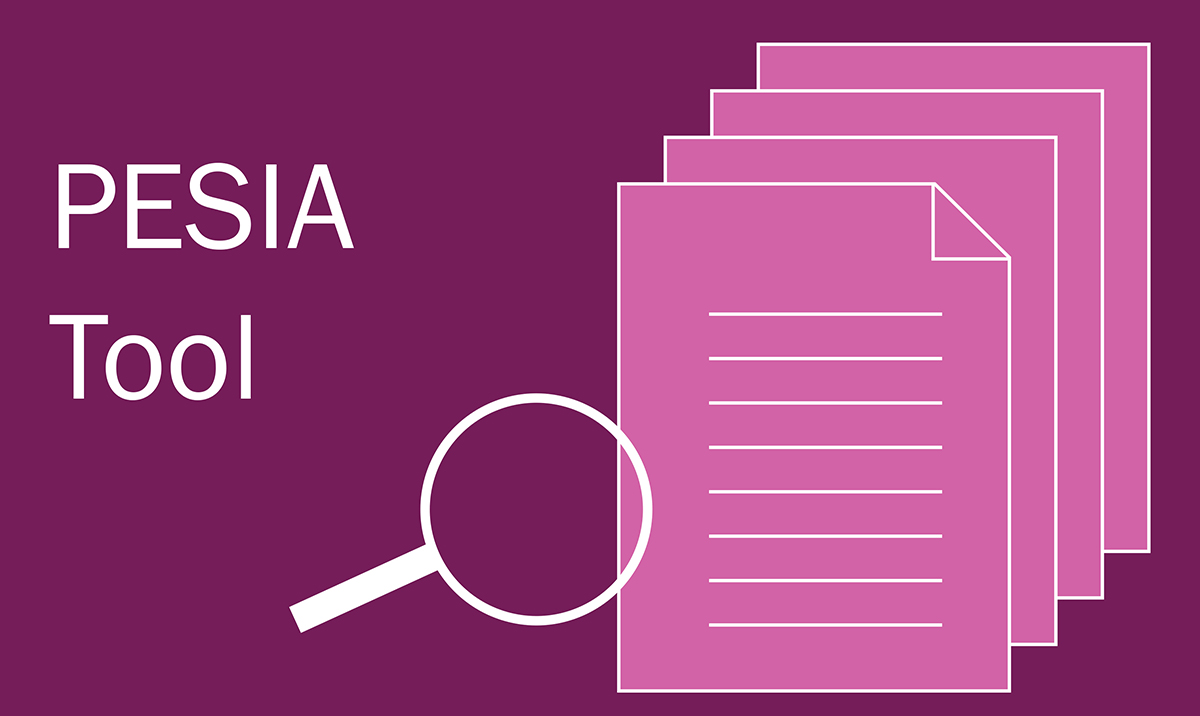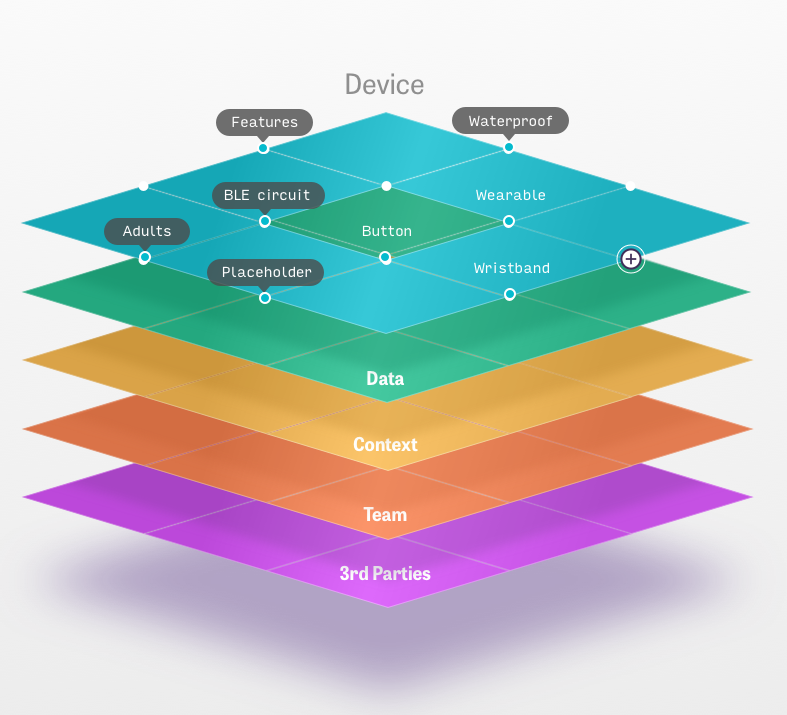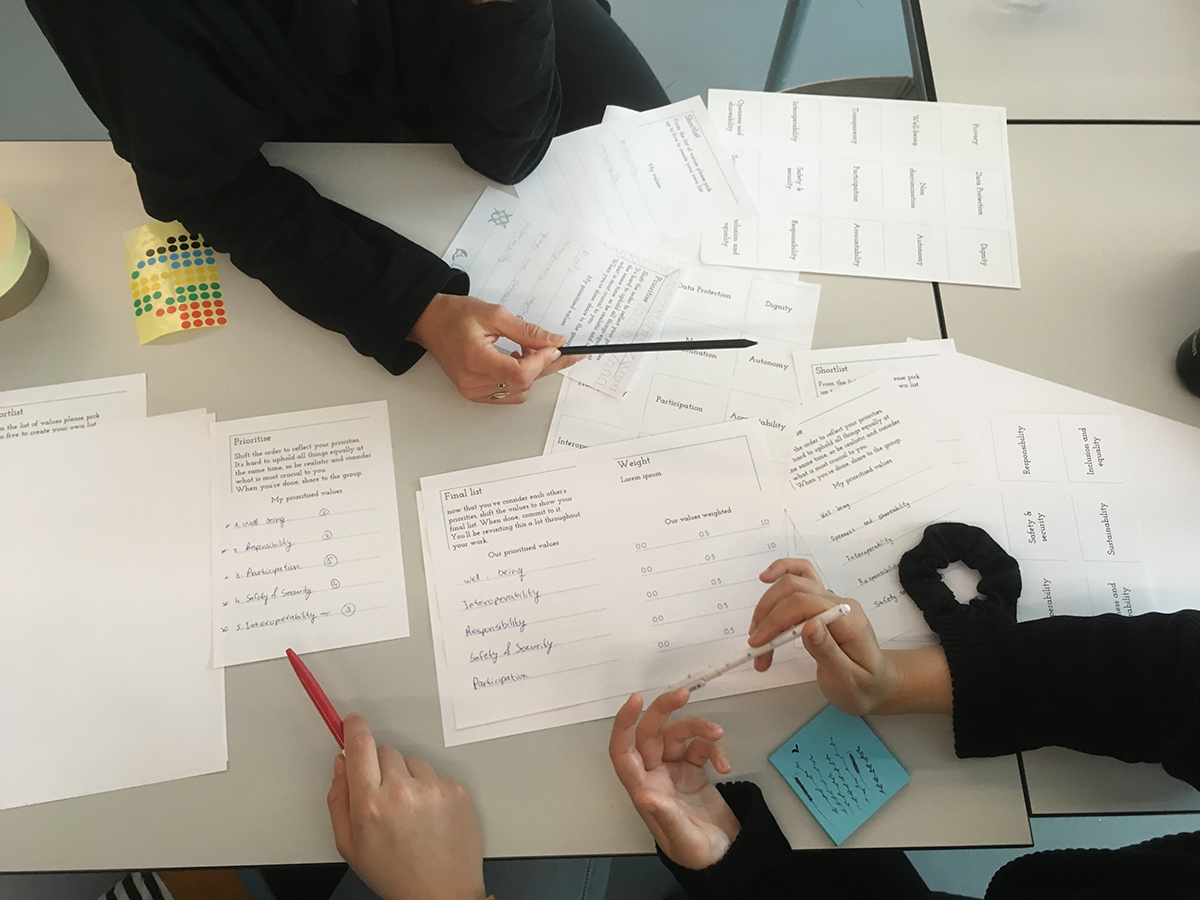Irina Shklovski, Associate Professor at IT University of Copenhagen in Denmark, discusses the importance of developing tools to meet the ethical challenges of connected technologies for a better digital future
An increasing number of devices and services intended for everyday uses are designed with networked and sensing capabilities. The proliferation of the Internet of Things (IoT) represents an unprecedented potential, but the question of how to balance the potential benefits of these new technologies against the threat of adverse consequences has become a global topic of discussion in policy and technology industry circles. This has resulted in a multitude of initiatives, principles and pledges calling for responsibility, accountability and respect for human values in different ways. Yet the high-level ethical values, principles and tenets remain difficult to translate to the everyday practices of technology design and development. The VIRT-EU project has stepped into this gap by seeking to address this problem of translation.
The VIRT-EU project
Values and Ethics in Responsible Technology in Europe (VIRT-EU) was a three-year project (completed in December 2019) funded by the European Union’s Horizon 2020 framework and led by Prof Irina Shklovski (Coordinator) from the IT University of Copenhagen. The project consortium includes three other higher education institutions: London School of Economics and Political Science led by Dr Alison Powell, Uppsala University lead by Dr Matteo Magnani and Politecnico di Torino led by Professor Alessandro Mantelero; one SME: Copenhagen Institute of Interaction Design led by Annelie Berner and one non-profit organisation: Open Rights Group led by Javier Ruiz.
Over the past three years, we have researched the European IoT environment with a particular focus on start-ups and smaller actors. We found that many IoT designers and developers are concerned about the tools and services they are building but have little practice or training for dealing with ethical questions they encounter in the process. To address this, we have developed a VIRT-EU toolbox that is rooted in a practical approach to ethics through a blending of key ethical approaches, design methods and broad stakeholder engagement to identify how to connect such tools to everyday practices of developers and innovators as they are building new technologies.
The VIRT-EU toolbox
Our toolbox consists of many initiatives and interventions. Among these are two interactive tools, a series of paper-based materials for shorter conceptual exercises, and a set of scripts and scenarios for workshops that help convene productive conversations around ethics in technology. Here, I present just a few examples, but I encourage readers to explore our website for more information and useful materials.
The Privacy, Ethical and Social Impact Assessment (PESIA) questionnaire
Developed by the Politechnco di Torino in collaboration with other VIRT-EU partners, PESIA is based on the common ethical values recognised by the international charter of human rights and fundamental freedoms and draws on the results of our extensive research together with IoT designers and developers. Implemented as an interactive web-based questionnaire, PESIA offers familiar privacy impact assessment (PIA) questions but goes beyond these to address ethical and social impacts as well. Geared specifically towards development challenges of IoT products and services, PESIA offers a chance to reflect on difficult decisions and provides a model of risk assessment that takes into account a broad array of potential societal challenges.
The VIRT-EU Ethical Stack
The Ethical Stack brings together a series of tools to support creators of new connected technology in reflecting on the ethical and social issues their products might encounter and building a vision for the future of their products or services. These tools are intended to enable developers and designers to expose the difference between what they are trying to make and are actually making. Users of the Ethical Stack will get an overview of their product and align with their teammates about their ethical values and vision of the future. The tool provides an ethical overview of the product, allowing teams to identify ethical challenges together. People can use our tools to create, connect, consider and re-think the social and ethical impacts of their product, learn about ways to understand the challenges and to address them practically.
Convening conversations about ethics
One of the most important outputs of our project is a broad set of materials intended to help facilitators convene conversations around ethics with developers and designers, policymakers, the tech industry and civil society representatives, as well as the general public. We have produced different tools, scripts and facilitation mechanisms, having tested these in workshops across Europe. We found that to have a conversation about ethics it is necessary to first challenge people to think about ethics in different and more proactive ways. In our workshop materials, we show how to explore ideas around designing for flexibility, different points of view and different kinds of futures. The goal is to provoke and question the very notion of ethics while enabling people to productively and collectively discuss how this relates to their life and work.
For example, we have developed a way to rehearse and practice ethical thinking and decision-making in an IoT product development process, a kind of simulation and role play. This is intended to engage participants so that when they confront actual major and systemic problems while working on their own products or projects, they might be better equipped to address these. Our materials take their departure in three different
ethical perspectives, tell stories and encourage storytelling in order to bring concepts down to earth and into practice. This is achieved through a series of provocations with workshop participants around questions, such as what do we mean by ethics? Why is it relevant to technology? What is ethical technology and unethical technology? What do we mean by tools for ethics? The workshop materials help create a space and a structure for people to talk with one another about ethics, and to share practical viewpoints on ethics as it relates to IoT and connective technologies.
The VIRT-EU project hopes to see uptake of these tools across the European IoT innovation communities. Our tools also offer opportunities for facilitating policy discussions about ethics and technology.
Please note: This is a commercial profile














